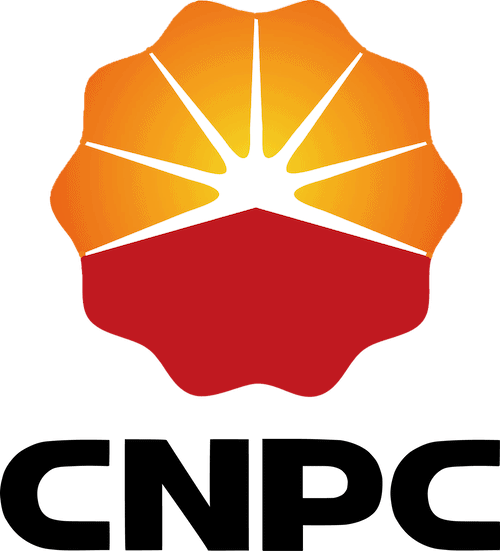Risk Warning: Your Capital is at Risk.
This guide explains how and where to trade crude oil.
We list regulated brokers in your country, explain why traders choose oil, and offer practical market tips.
In a hurry? Here are recommended online oil brokers available in :
Disclaimer: Availability subject to regulations.
Between 74-89% of retail investor accounts lose money when trading CFDs.
Contents
Understanding Oil Trading
Despite renewable energy growth, oil remains the leading global energy source.
The oil market is highly volatile. Traders should use technical analysis tools to understand trends and manage risks.
How Can I Trade Oil?
Online brokers offer several ways to speculate on oil prices:
- Oil company shares
- Contracts for Difference (CFDs)
- Exchange-Traded Funds (ETFs)
- Futures
- Options
Your choice of instrument should consider:
- Margin and leverage
- Contract expiry
- Management fees
- Security and delivery costs
Trading Oil CFDs
CFDs allow traders to speculate on oil price movements without owning physical oil.
Oil CFDs typically involve smaller contract sizes (e.g., 25 barrels) than standard futures (1,000 barrels).
IMPORTANT: CFDs are not available in the USA due to local regulation, and regulated brokers do not accept US citizens or US residents as clients.
Example of Oil CFD Trade
Please note, this is an example – not a recommendation.
- You buy 10 oil CFDs at $60.50 with a 3% margin, depositing $1,815.
- Your trade controls $60,500 worth of oil.
- If the price rises to $62.75, your position is worth $62,750, profiting $2,250.
- If it drops to $58.25, you lose $2,250—more than your initial margin.
Oil Shares
Trading oil company stocks is simpler. Prices generally correlate with oil, but risks like oil spills or pandemics can cause sharp declines.
| Company | Current Price | Overview | Listings |
|---|---|---|---|
 | Chinese oil and gas company based in Beijing | Shanghai (SSE), Hong Kong (SEHK), New York (NYSE), London (LSE) | |
 | British-Dutch multinational headquartered in The Netherlands | London (LSE), Amsterdam (Euronext), New York (NYSE) | |
 | Multinational oil company based in Saudi Arabia | Tadawul | |
 | Chinese oil company with headquarters in Beijing, China | Shanghai (SSE), Hong Kong (SEHK), New York (NYSE) | |
 | Headquartered in London but the USA houses the lion share of its operations | London (LSE), Frankfurt (FWB), New York (NYSE) | |
| American multinational oil and gas corporation | New York (NYSE) |
Please note, this is an example – not a recommendation.
Oil ETFs
Leveraged oil ETFs amplify market movements:
| Standard Leveraged | Inverse Leveraged | |
|---|---|---|
| Effect | Amplifies index performance. | Amplifies inverse index performance. |
Oil Futures
Futures involve agreements to trade 1,000 barrels at a specified price and date. They’re complex, require high margins (about 10%), and involve physical delivery.
Oil Options
Options grant the right (not obligation) to trade oil futures contracts, priced based on market volatility.
Where Can I Trade Oil?
Compare regulated oil brokers available in :
CFDs are complex instruments and come with a high risk of losing money rapidly due to leverage. Between 74%-89% of retail investor accounts lose money when trading CFDs. You should consider whether you can afford to take the high risk of losing your money.
Why Trade Oil?
- Pros: High volatility offers potential large profits.
- Cons: Significant risks and competition from renewable energy.
Important: This is not investment advice. We present a number of common arguments for and against investing in this commodity. Please seek professional advice before making investment decisions.
- Diversification – Adds volatility to portfolios.
- Speculation – Profit from frequent large price swings.


